How to turn Nathan Haas into a Classics contender in 5 steps
Katusha-Alpecin rider on changing his training for 2018
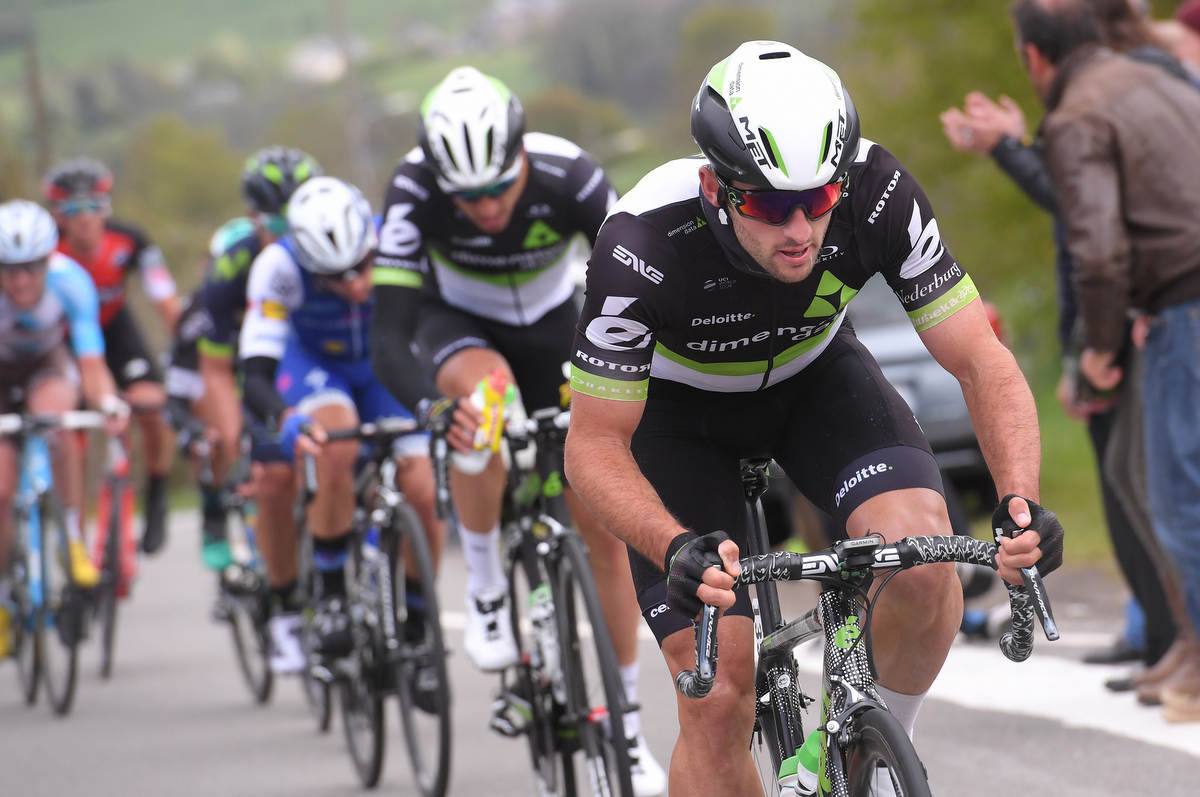
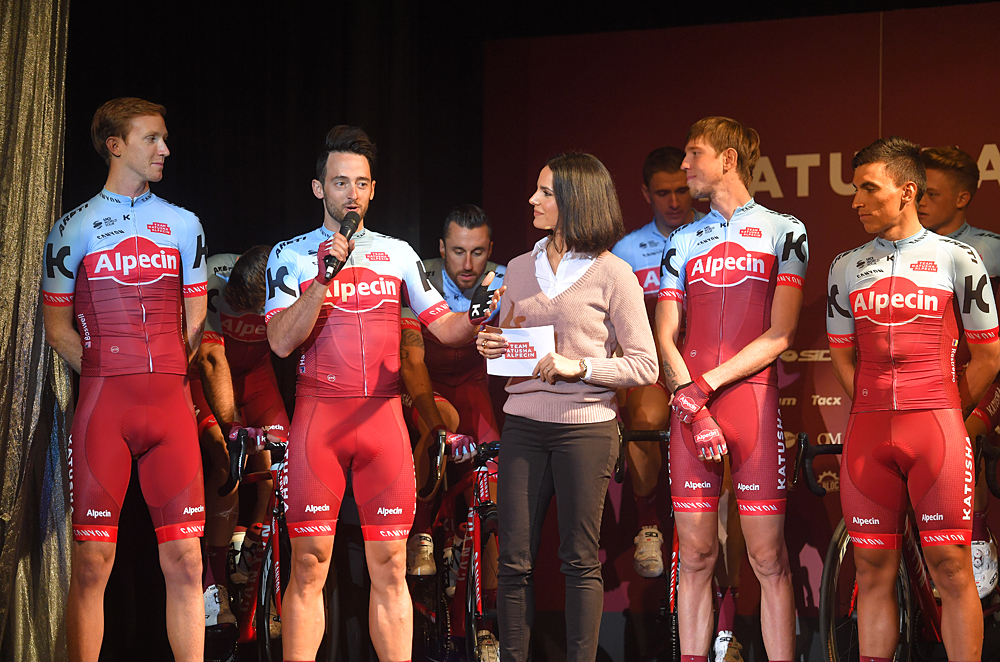
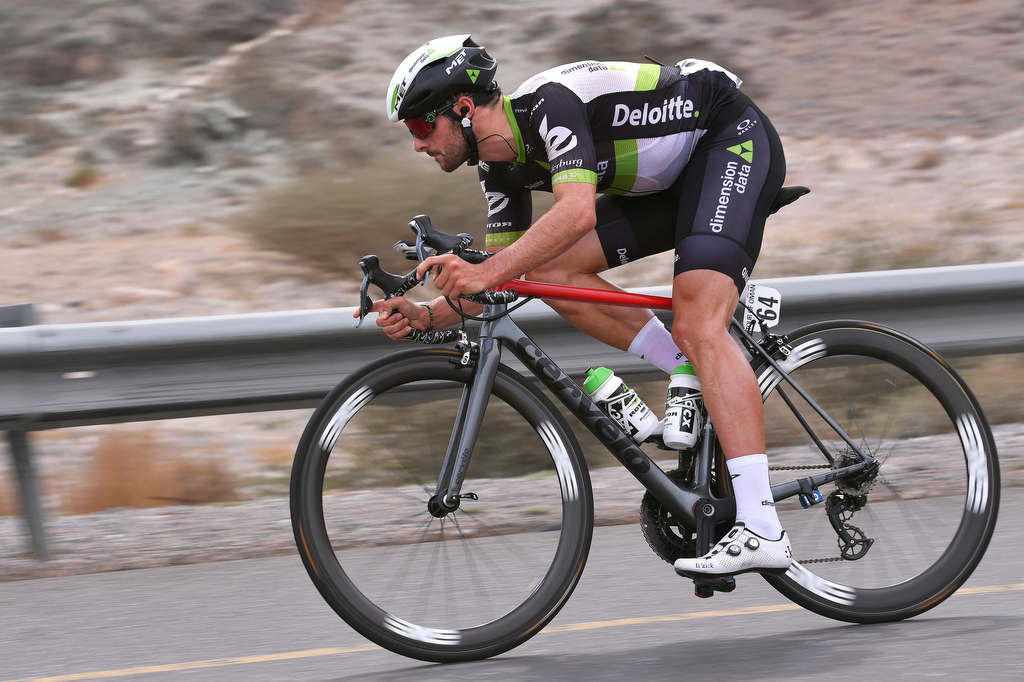
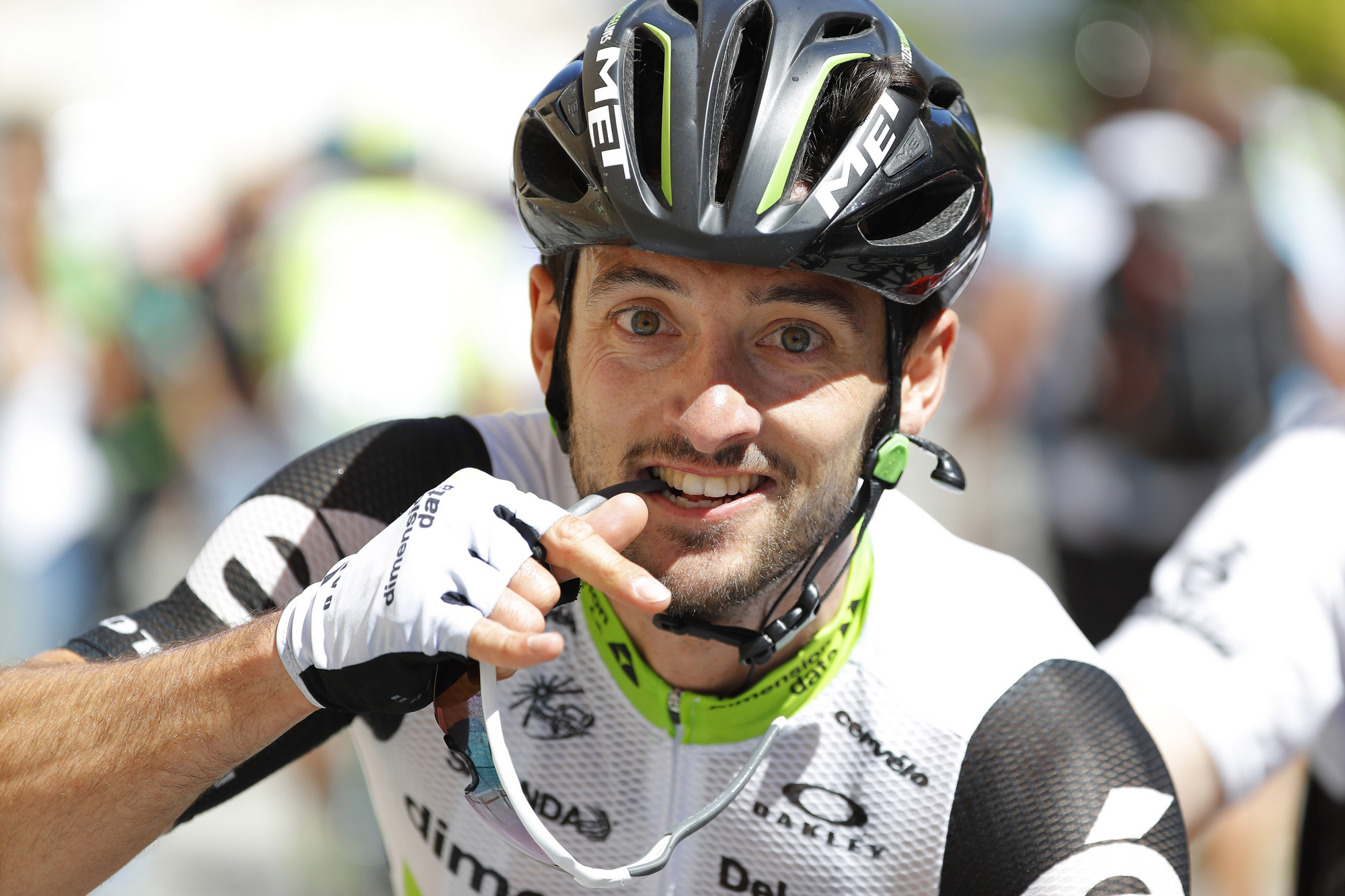
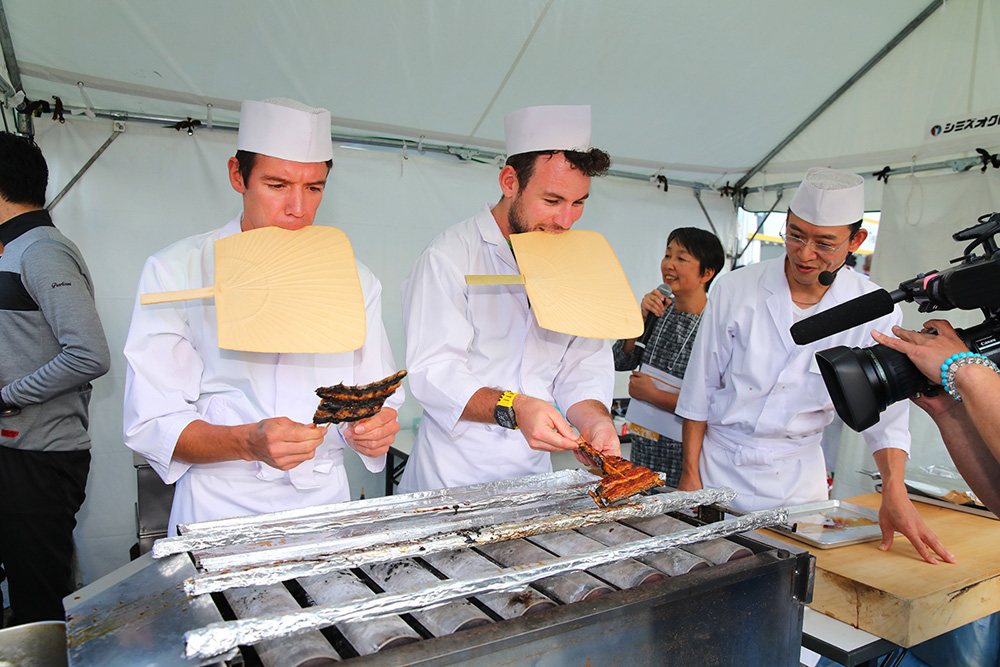
Twelve months ago Cyclingnews sat down with Tom Dumoulin to talk about the steps he needed to take in order to succeed in Grand Tours. The rest, as they say, is history after the Dutchman climbed to the top step of the podium at the 2017 Giro d'Italia.
This time it's the turn of Nathan Haas. The Australian has been steadily climbing the ladder in one-day races and many believe that he is on the cusp of a breakthrough result in the Ardennes. Having finished fourth in Amstel Gold last season the newly signed Katusha-Alepecin rider met with Cyclingnews in Spain to go through the next steps he needs to make in his career.
Finding the best team
For me, the first thing was finding the biggest team in the world where I could be a leader in the Classics. I've had some great development over the years and I've studied under some great riders like Dan Martin and Ryder Hesjedal, and they were great teachers but I found that without having a fully committed team around me it's almost impossible.
It means that if you're one of the absolute greatest talents like a Gilbert or Sagan, and you've got unbeatable teams around you, then it becomes an almost unbeatable combination. So while I'm there in some of the finals the bit that you don't see is the first 200km of races and if you're at a team that's at the bottom in terms of respect in the peloton and where you can sit, you're wasting energy all day. Step one was finding the world's biggest team and for me, Katusha-Alpecin is a top-five team with Team Sky, BMC, Quick-Step Floors, and Movistar.
Changing my style of racing
Having found the team the next thing I have to master is using the guys around in the best possible way. I've got to change the way in which I race, and go from always being on the front foot to turning around and using the riders around me. I have to change my riding style and become more open, more trusting and use the recourses that I've now been given. I have my race programme and I know I'll be at the Ardennes, Strade Bianche, and Milan-San Remo. We'll have strong teams around me for all of those races, whoever turns up. I don't have any anxiety in that regard.
Training improvements
Every year I walk into the season and think that I can lean on the knowledge and the experience that I've gained from the past. Then at the end of the year I laugh to myself because of the things I've learned about my own training and my own physiology. It's a constant process of evolving.
In 2017 I spent an awful lot of time up at altitude but unfortunately, I didn't get to race much in the second half of the year. That said, I really learned a different way to train, and incorporated more altitude work. The trick with a lot of the Classics, like I said, is to get through the first 200km without using your final resources. When you're an explosive rider like me and you're at altitude you're forced to really work a lot on that sub-threshold zone. That's the key in the Classics because you're going hard all day but when it really ramps up it's down to what you have left.
Get The Leadout Newsletter
The latest race content, interviews, features, reviews and expert buying guides, direct to your inbox!
The work I've done during the 2017 season will consolidate itself and I've worked with my coach on those specifics. A lot of my numbers have improved because of that. I've also adapted to the perception of that suffering. In the off-season, I could tell that I was riding bigger gears but what it really comes down to is being in the Classics year after year and going deeper and deeper. You see that with so many riders. They graduate to a new level with each campaign.
I have a good engine under the hood but it's not a V12. So there needs to be some patience and respect for the fact that it does take time. Every year, without exception, I've become a better rider and that's lead to more respect from the bunch and you've given your place. It's a steamroller in that sense.
Plan wins and study the trends
You can't accidentally win a race and all the best guys plan their wins. Whether they write it down or just talk about it, they know how they're going to win the race. What I saw in the cobbled Classics in 2017 was that groups were going earlier than they had done traditionally and were sticking. That meant that races were harder at the start, breaks took longer to form, and the speed for the first half of races was at least 30 watts harder. Finally when the breaks were formed, and they were strong, it was hard to bring them back.
What I took from that is that the trend would continue into the Ardennes. The first 100km of Amstel was super hard and I knew then that I needed to be at the front. There were early attacks so I fought for position on one of the highways, which was earlier than some expected but as soon as I saw Gilbert go I gave it a few seconds before jumping across. I knew at that point that without being a freak there weren't going to be any riders who could come across. The only to do it was Kwiatkowski. We were prepared to take the chance and we made it stick. Each Classics season is almost ridden with its own brand.
Don't be scared of failing
I've got no doubt that a big win is going to come in the next few years. I'm not going anywhere in a hurry and the thing I'm proud of but also a little pissed off with is that I go a little too early in a sprint but I'm never scared to hit out because I'm trying to win. I'm not just going to follow Sagan's wheel.
On stage 4 of the Giro d'Italia last year when I was fourth, we came into the last corner and we had Gaviria, Fellini, Nizzolo and so what chance do I have if I just sit on Gaviria's wheel, if I can even get to his wheel because the others are fighting for it?
I'm a racer and I hit out. I got fourth in the sprint but I was in front, while the other guys never got in front of Gaviria. You can't win unless you don't try. In every race I'm thinking to myself, 'how can I win?' I'm not scared of failing and people say 'you keep coming so close' but I don't see that as a negative thing. I'm just going to keep at it.